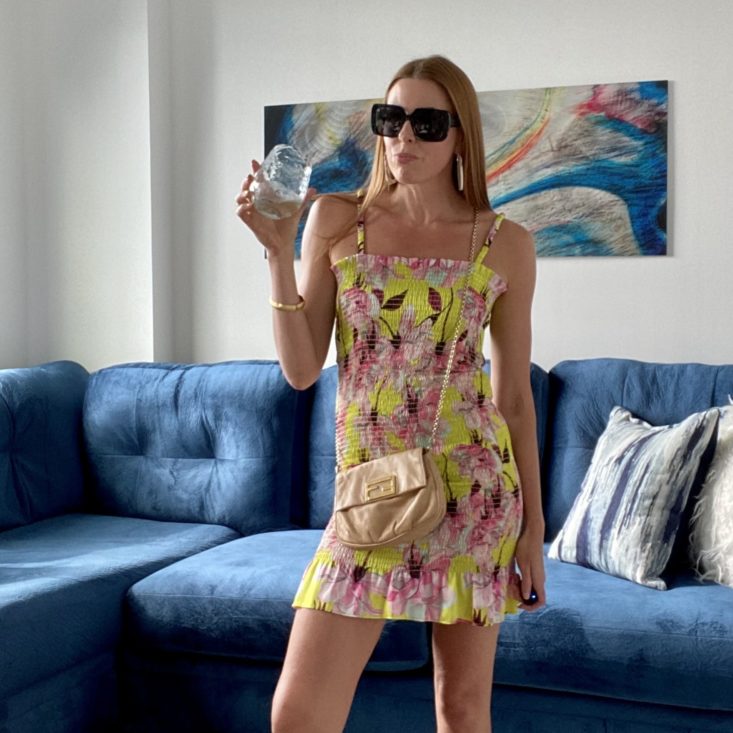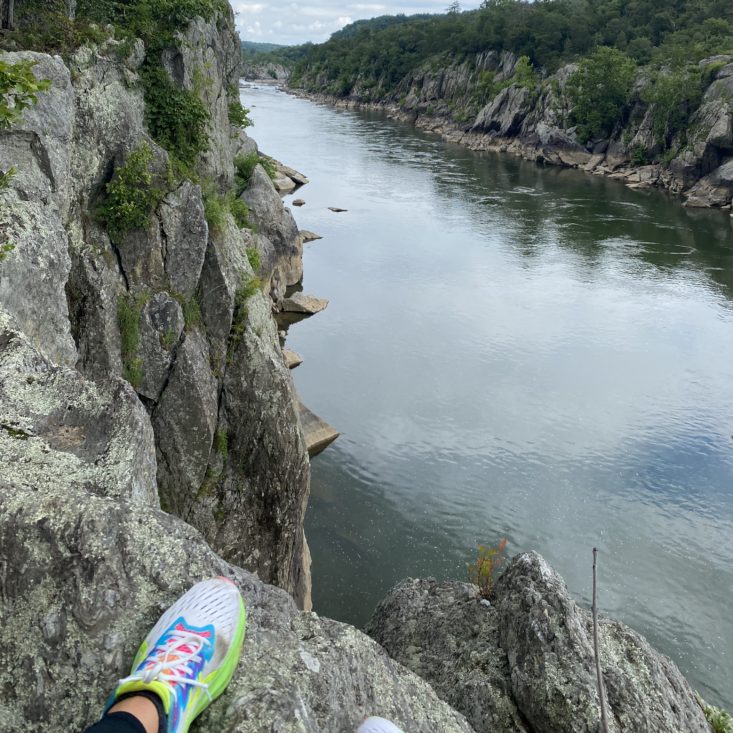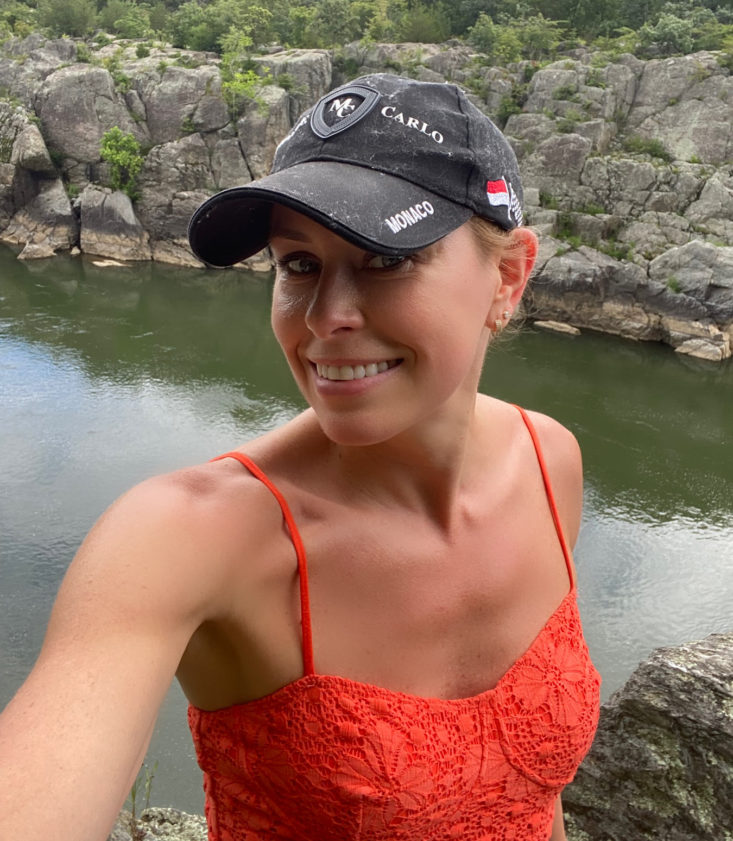
The author has been compensated for sharing their experience with Monument.
Living in the pandemic world for the past two and a half years completely broke me, and instead of dealing with my fears, depression, and anxiety in a healthy way, I turned to alcohol to cope with COVID-19, job loss, illness, and feeling isolated in an abusive relationship.
In a desperate attempt to avoid my feelings of hopelessness and despair, I regularly drank wine, beer, and bloody marys as I obsessively watched the news. Since I was laid off, I didn’t have to worry about hangovers so my alcohol consumption got worse. When I finally escaped the abuse a year later, my ex stalked me, so I locked myself in my new apartment where I drank alone, sobbed, stared at my wall, and battled very dark thoughts. I realized my life had gotten completely out of control, and decided to take action. The first step was to contact the police and then search for help for myself.
What I needed was acknowledgment and support – not judgment – and after an online search, I found a personalized treatment that worked for me. Here’s my story about how Monument has helped me build a healthier relationship with alcohol and gave me the tools to change my habits, manage my triggers, and reduce cravings.
Helps you recognize triggers & curb cravings
After a few booze-fueled breakdowns and panic attacks, I knew my life had spiraled out of control. After all, alcohol IS a depressant, and this was the worst I’d ever been! I didn’t even know or like myself anymore. Thankfully, my Monument therapist, who’s an expert in addiction and specializes in alcohol therapy, was there to help me recognize my triggers, offer support, empathy, guidance, a plan of attack, and a helping hand. It was the first time I had ever felt like I could be completely open and honest about the way the pandemic impacted my mental health and how my questionable relationship with alcohol was becoming a problem.
And while I had previously gone weeks without drinking, this time it was different because I had cravings, and the longer I abstained from alcohol, the more I wanted sugar. My physician told me it was because I’d conditioned my brain to need alcohol in order to feel good… so it had become a problem after all. She offered prescription medication to help control the cravings, but I declined and decided to focus my attention on exercise and writing — two things that helped me keep my head straight in the past, but I neglected during the pandemic.
It’s confidential & anonymous

My friends and family know they can always count on me, but I’ve always kept my issues to myself. So, when I decided it was time to get help, I wanted to remain anonymous which is not possible at a local recovery group or a therapist’s office. Plus, I wasn't looking to completely quit drinking — I wanted to control my alcohol intake, and manage my anxiety and depression in a healthier way without wine or beer.
When I signed up online, I was asked to choose a nickname to ensure I remained anonymous, and then was guided towards an alcohol assessment. The questionnaire asked me things like my goals regarding alcohol consumption, how often I drank, and if I continued to drink despite problems with anxiety and depression. After I completed the assessment, I was scored based on my answers and presented with a holistic plan that included one-on-one therapy, physician care, and peer support groups — all of which were completely anonymous.
You’re part of a community
If you join a 12-step program or check into rehab, you’re automatically part of a community, but what if you’re simply trying to reevaluate your relationship with alcohol, cut back, and find support along the way? Monument has you covered by meeting you where you’re at in every stage of self-discovery. Once I signed up, I was given access to a free online community that features moderated support groups and virtual meetings hosted by therapists. But my favorite part was the drop-in community hangout where I was able to join other members to discuss challenges, share stories, encourage each other and make new friends. It’s nice to meet other people with similar experiences who just get me and won’t judge.
It’s convenient & saves you time

The world’s opening back up and my schedule is filling up too. I don’t have time to sit in traffic, look for parking, or wait to be seen — especially if the clinic or therapist has a months-long waitlist. I wanted help the moment I decided to take control of my life and battle my demons, and with Monument, I can make my own schedule and talk to my therapist from the comfort of my cozy couch. I’ve got the convenience and flexibility of having access to my doctor, therapist, and support groups right at my fingertips, and they’re only a quick call, text, or video chat away. Plus, they accept many major health insurance providers.
Final Thoughts
While I was hesitant to share my story, I knew there were thousands of women like me who suffered in silence and used alcohol to cope with the trauma of the pandemic. And if I can help just one person, it’s absolutely worth it.
Now that I’m weeks into my Monument treatment, my skin has cleared up, my mind is sharper, my depression has almost disappeared and my anxiety — what anxiety? Look, we’re not out of the woods yet, and we’re still dealing with the trauma of the pandemic and now a recession, but I just wanted to say that you’re not alone in this battle. There are so many others out there who are suffering with these thoughts, feelings, and demons, and help is just a click, video call, or chat message away.



